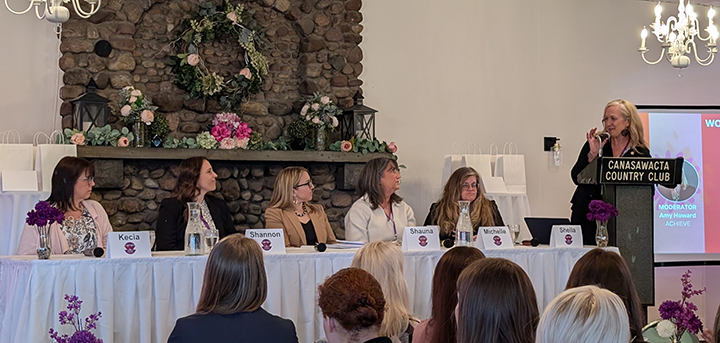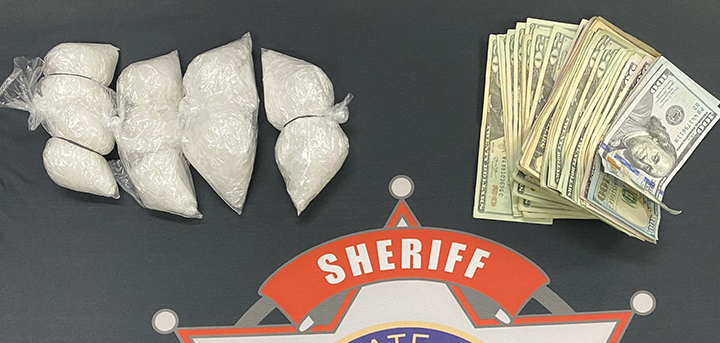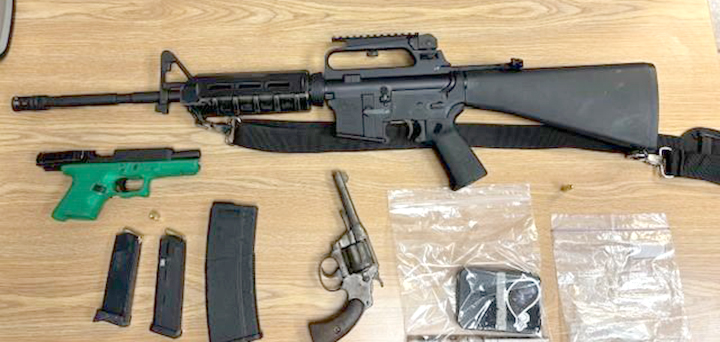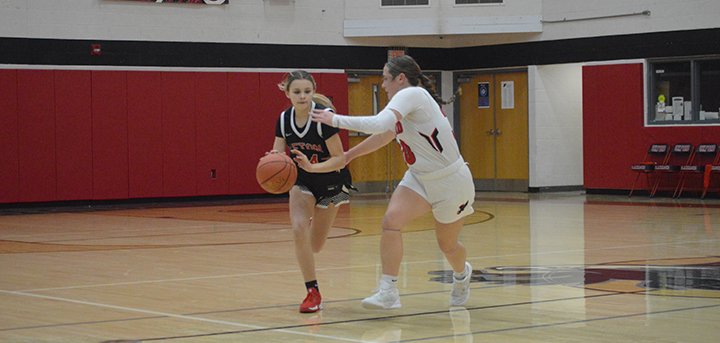Eyes right
Editor’s Note: The fol- lowing column originally appeared in the May 29, 2008 edition of The Evening Sun.
Because I live only half a block from the parade route,
over the years, I have wit- nessed many upon many a Memorial Day Parade. The first ones I attended were sad remnants of a crumbling tra- dition – a few old soldiers trailing dispiritedly behind one or two reluctant high school bands.
Not even the Boy Scouts came.
But I always did. Feeling, I guess, that the location of my house was something in the nature of an obligation. American soldiers who had fought, and sometimes died, in foreign wars had made the down payment on my free- dom. Each Memorial Day Parade was a debt, and it was my responsibility to pay.
So, there I was. Year after year. Little ol’ me, a few like-minded neighbors, and whichever old soldiers were still ambulatory enough to walk or wobble, if not march, down the street.
Then, Saddam Hussein invaded Kuwait, our military embarked upon the Gulf
War, and everything changed.
Yellow ribbons began to flutter around the trunks of old oak (and maple) trees. Flags long thrust in the back of dark closets were unfurled and proudly hung from balconies. People who had not done so in years put hands over hearts and felt no shame when, with or with- out God, they recited the Pledge of Allegiance.
Long suppressed pride swelled and swelled and swelled until, like an overblown balloon, it burst, and in doing so, shot blazing streaks of patriotism up to the sky, to the moon, to the stars, and then back again to splatter against the crowds standing and cheering on both sides of the street.
Like a Normal Rockwell painting come to life, men and women once again began to parade: Veterans of
Foreign Wars. Disable American Veterans. Korean War Veterans. Catholic War Veterans. Jewish War Veterans. Harlem War Veterans. The American Legion. The Woman’s Relief Corps. The Military Order of the Purple Heart. The American Ex-Prisoners of War. The Boy Scouts. The Girl Scouts.
And bands. Loud, proud, jazzy, and snazzy. From high schools. From the Fire Department. From the Police Department. Spiffy uniforms. Polished brass. Shining shoes. Gold braid.
Majorettes tossed batons up to the sky, spinning, reaching, and snatching the twirling rods out of the air with the dexterity of brides- maids catching bouquets.
Bands. Veterans. More bands. More veterans.
And then ... that day. That year. And those veterans.
They were a rag tag group. Their banners, if you could call them that, were Viet Nam patches. Sewn on the backs of leather jackets ... on the shoulders of denim vests ... on the pockets of blue jeans: 101st Airborne Division. Special Forces. 2nd Field Force. POW-MIA. Some wore bandanas. Some were tattooed. Most were disheveled and unshaven.
None wore medals. And they didn’t march, but moved in a way that was almost an anti- march. Shambling along dis- respectfully. Out of cadence. Zigging when everyone else zagged.
I watched them for a minute before my attention drifted to four or five World War II veterans standing beside me on the grass. All were in their eighties. All were frail. All had eyes bright with patriotism and unshed tears.
The scruffy Viet Nam unit continued to shamble for- ward. Then, the man in their lead – he looked part Hell’s Angel and part Bowery bum – caught sight of the World War II veterans. Instantly, he raised his head.
“Eyes right!” He shouted. And, as a man, every one with him snapped to atten- tion, turned right, and salut-
ed smartly. Just as quickly and just as smartly, those ancient World War II war- riors saluted back.
It all happened in sec- onds.
Then the rag tag Viet Nam veterans drifted out of for- mation, resumed their slouch, and continued to not-march in that Memorial Day Parade.
I watched them until they disappeared. I wondered about them. Their pain. Their loss. Their anger. Their loyalty. Their valor. Who they were. What they were. They sang no songs. They pledged no allegiance.
But they were there. They had come.
And, like all who have fought in the service of our country, they hold the mort- gage on my freedom.
It is my debt. But they are the ones who have paid.
Eyes right. I salute you.
Shelly Reuben is an Edgar-nominated author, private detective, and fire investigator. For more about her books, visit shellyreuben.com.







Comments